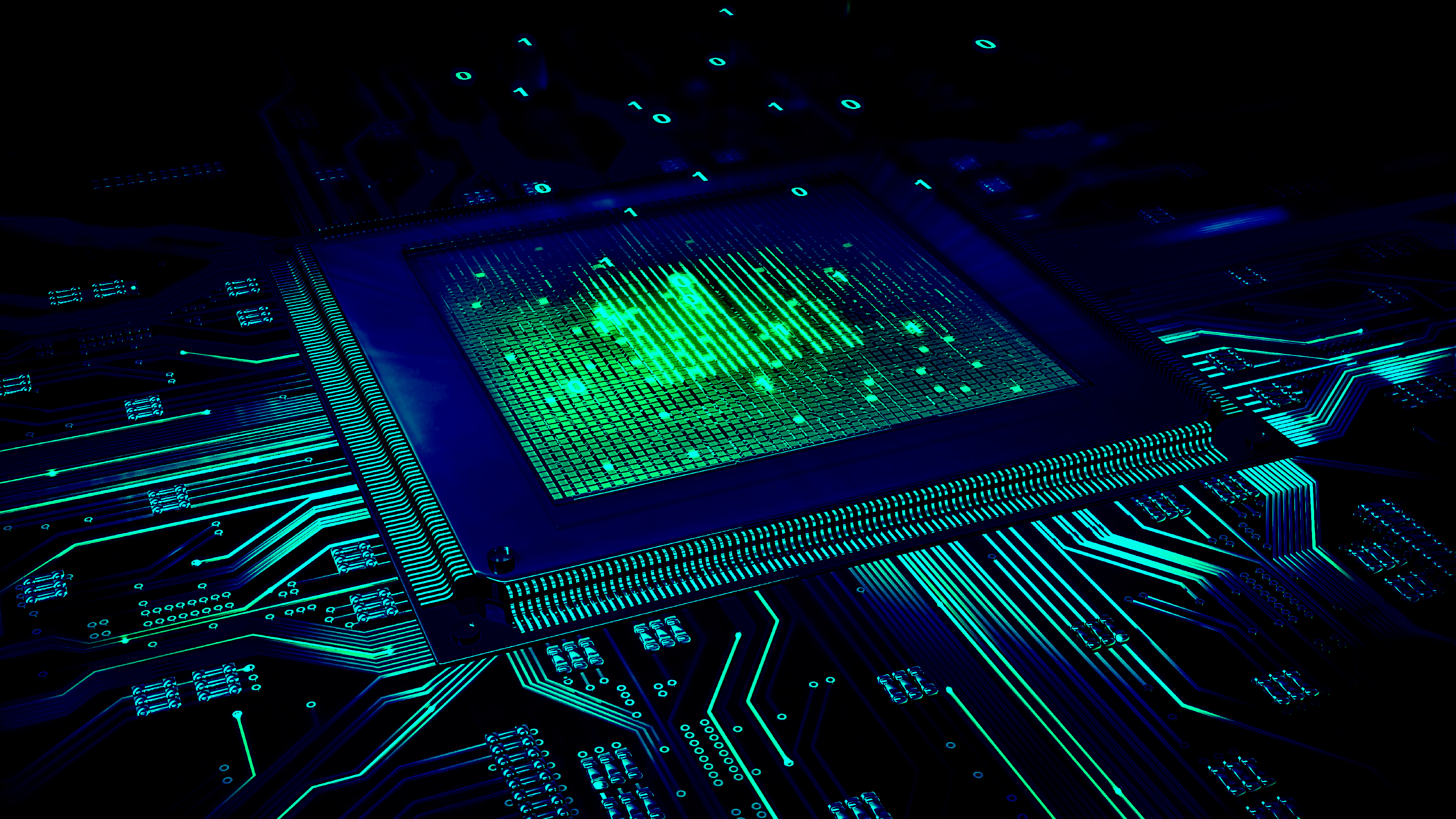| Line 6: | Line 6: | ||
<!--Stylesheets --> | <!--Stylesheets --> | ||
<link rel="stylesheet" type="text/css" href="usnahomewiki.css"> | <link rel="stylesheet" type="text/css" href="usnahomewiki.css"> | ||
| − | <link | + | <!-- Latest compiled and minified CSS --> |
| − | + | <link rel="stylesheet" href="https://maxcdn.bootstrapcdn.com/bootstrap/3.3.7/css/bootstrap.min.css" integrity="sha384-BVYiiSIFeK1dGmJRAkycuHAHRg32OmUcww7on3RYdg4Va+PmSTsz/K68vbdEjh4u" crossorigin="anonymous"> | |
| − | < | + | <!-- Optional theme --> |
| − | + | <link rel="stylesheet" href="https://maxcdn.bootstrapcdn.com/bootstrap/3.3.7/css/bootstrap-theme.min.css" integrity="sha384-rHyoN1iRsVXV4nD0JutlnGaslCJuC7uwjduW9SVrLvRYooPp2bWYgmgJQIXwl/Sp" crossorigin="anonymous"> | |
| − | <script src="bootstrap.js | + | <!-- Latest compiled and minified JavaScript --> |
| − | + | <script src="https://maxcdn.bootstrapcdn.com/bootstrap/3.3.7/js/bootstrap.min.js" integrity="sha384-Tc5IQib027qvyjSMfHjOMaLkfuWVxZxUPnCJA7l2mCWNIpG9mGCD8wGNIcPD7Txa" crossorigin="anonymous"></script> | |
<script src="npm.js"></script> | <script src="npm.js"></script> | ||
<script src="jquery-3.1.0.min.js"></script> | <script src="jquery-3.1.0.min.js"></script> | ||
Revision as of 19:00, 16 October 2016
<!DOCTYPE html>
Welcome to the USNA iGEM Wikipage!
Editing the Human Microbiome: Proactively Preventing Aerosolized Conotoxin Attack
Conotoxins are small neurotoxins that bind to and affect the opening and closing of ion channels, thus altering membrane potential and disrupting neurological signaling pathways. Due to their small size, conotoxins could be easily aerosolized and could be used as biological weapons of mass destruction. Our goal of this project has two components. The first is to create a program to mathematically model both normal and conotoxin-affected intracellular ion concentrations. The second is to develop a signaling and responding pathway to detect changes in membrane potential and eliminate the conotoxins.
The Team (Rough Draft:Design still needed)
Aurelia Minut
Sarah Glaven
Dr. Sarah Glaven is a research biologist and microbial electrochemist at the Naval Research Laboratory in Washington, DC. She studies microbial extracellular electron transfer and its biotechnology applications including microbial fuel cells and microbial electrosynthesis.
Brian Eddie
Dr. Eddie is a microbiologist who primarily uses transcriptomics, genomics, and bioimaging to better understand bacterial metabolism so that we can exploit it.
Tanya Tschirhart
Tanya is a postdoctoral fellow at the Naval Research Lab whose work focuses on developing synthetic biology tools for marine organisms and new communication pathways across biotic-abiotic interfaces.
Brian Pate
Preston Fulmer
Lawrence Kennedy
Maggie Pana
Alex Ki
Trevor Karn
Seok Park
Sara Peeleman
Mitchell Winkie
Gabrielle Tender
Kirstie Coombs
Sarah Barr Engel
Mina Kim
J. Fitzpatrick Doyle




